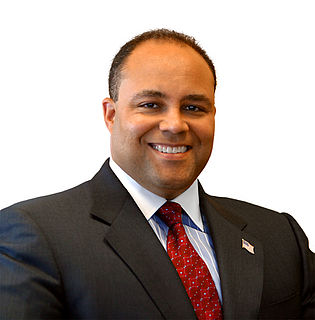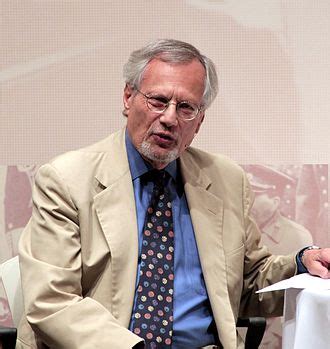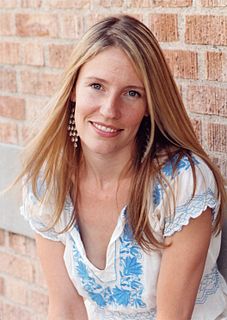A Quote by Michael K. Powell
More and more, job listings are exclusively available online and as technology evolves nearly every occupation now requires a basic level of digital literacy with web navigation, email access and participation in social media.
Related Quotes
Literacy is part of everyday social practice - it mediates all aspects of everyday life. Literacy is always part of something else - we are always doing something with it. Its what we choose to do with it that is important. There are a range of contemporary literacies available to us - while print literacy was the first mass media, it is now one of the mass media.
My hope is that digital technology will level things out more and that it will eventually eliminate favoritism. But technology cannot do it alone. The audience has to become more discriminating as well and not buy into every big tentpole movie because they have been brainwashed into thinking that's the movie to see.
Keep in mind, the web existed for almost a decade before social networks became pervasive. Even though the technology was available to make a social network in around 1995, it simply didn't happen until somebody had the idea to do it, do it big, and do it with a certain level of quality a decade later.


































